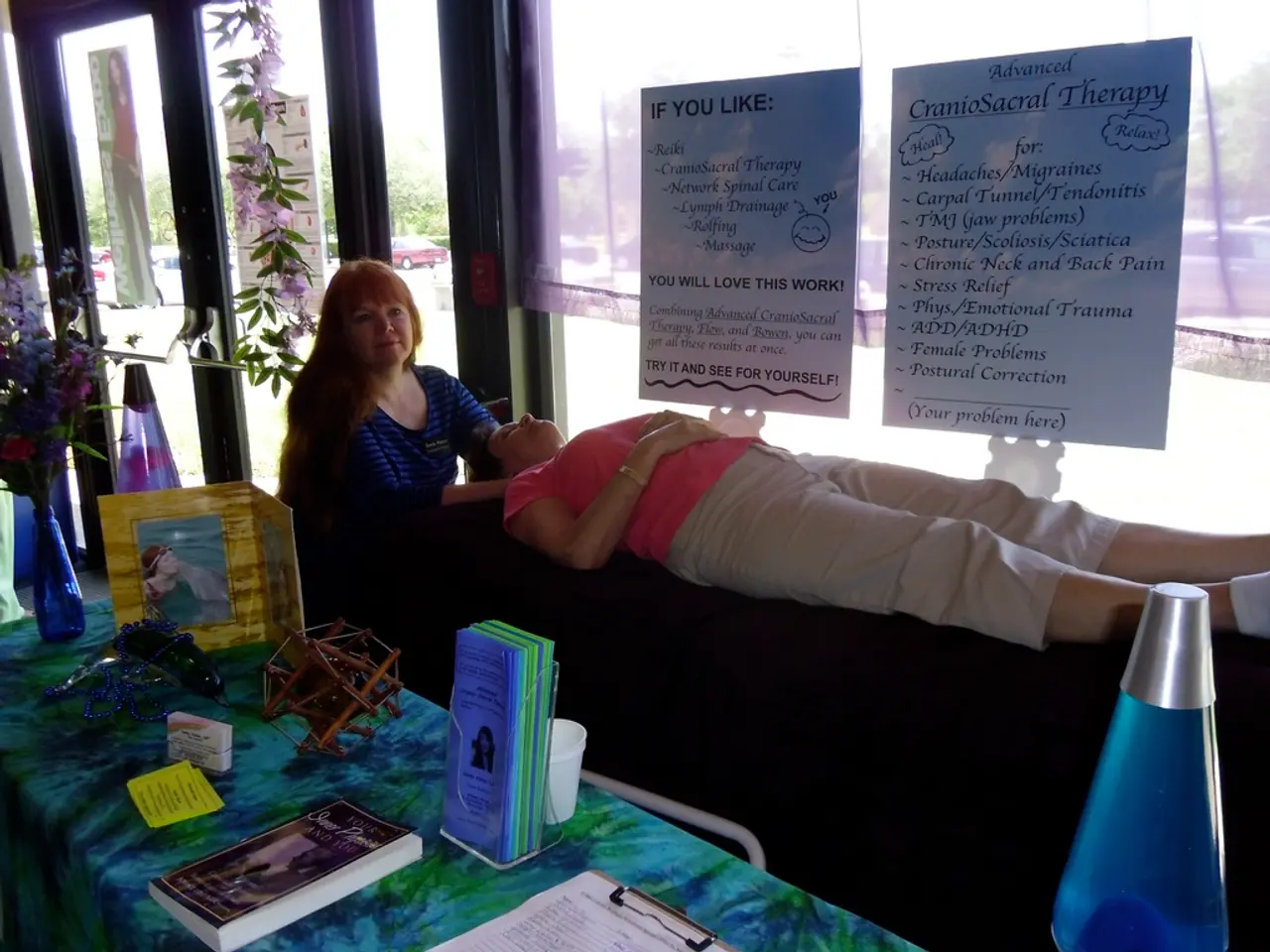Anxiety: Treatment orManagement?
Anxiety disorders, a common mental health issue, are not typically considered "curable" in the traditional sense. However, they can be effectively managed and controlled through a combination of therapy, lifestyle changes, and medication.
Therapy
Cognitive Behavioral Therapy (CBT) is a highly effective treatment for anxiety disorders. It helps individuals identify and challenge negative thought patterns, develop more realistic ways of thinking, and learn problem-solving skills. Exposure Therapy systematically exposes individuals to situations or objects that trigger anxiety, helping them develop tolerance and control over their reactions. Acceptance and Commitment Therapy (ACT) focuses on accepting anxious thoughts and engaging in meaningful activities despite worry.
Lifestyle Changes
Regular physical exercise releases endorphins and reduces cortisol (stress hormone), helping to control anxiety. Lack of sleep increases emotional reactivity and anxiety, so maintaining a healthy sleep schedule is crucial. A balanced diet supports overall well-being, and avoiding caffeine and alcohol, which can intensify anxiety, is advisable. Mindfulness techniques such as yoga, meditation, and deep breathing can help manage anxiety symptoms by promoting relaxation and reducing stress.
Medication
Selective Serotonin Reuptake Inhibitors (SSRIs) and Serotonin-Norepinephrine Reuptake Inhibitors (SNRIs) are commonly used to treat anxiety disorders. Buspirone is an anti-anxiety medication that does not carry the risk of dependence associated with benzodiazepines. Benzodiazepines are used for short-term relief but are not recommended for long-term use due to the risk of tolerance and dependence.
While anxiety disorders may not be completely curable, effective management through these methods can significantly improve quality of life and reduce symptoms to manageable levels. Consulting a healthcare professional is essential for developing a personalized treatment plan. When anxiety is controlled, symptoms are manageable, less avoidance occurs, emotional regulation improves, and a stable routine is maintained.
Indicators that anxiety could be considered "cured" include the absence of clinical symptoms, the ability to respond to unforeseen challenges, not needing constant help, and feeling confident in recovery. However, it is important to remember that everyone's journey with anxiety is unique, and what works for one person may not work for another.
[1] National Institute of Mental Health. (2021). Anxiety Disorders. https://www.nimh.nih.gov/health/topics/anxiety-disorders/index.shtml [2] American Psychological Association. (2021). Mindfulness. https://www.apa.org/topics/mindfulness [3] Mayo Clinic. (2021). Anxiety disorders: Symptoms and causes. https://www.mayoclinic.org/diseases-conditions/anxiety/symptoms-causes/syc-20369639 [4] Anxiety and Depression Association of America. (2021). Treatment. https://adaa.org/about-adaa/press-room/facts-statistics/treatment-seeking-and-treatment-rates
- Clinical psychology, through techniques like Cognitive Behavioral Therapy (CBT), Exposure Therapy, and Acceptance and Commitment Therapy (ACT), offers strategies to effectively manage anxiety disorders by helping individuals identify negative thought patterns, develop problem-solving skills, and employ mindfulness techniques.
- Lifestyle choices play a significant role in mental health, with regular exercise, a balanced diet, adequate sleep, and certain mindfulness practices like yoga and meditation all contributing to anxiety management by reducing stress and promoting relaxation.
- Science, particularly psychiatry and pharmacology, provides various medications to treat anxiety disorders, such as Selective Serotonin Reuptake Inhibitors (SSRIs), Serotonin-Norepinephrine Reuptake Inhibitors (SNRIs), and specific anti-anxiety medications like Buspirone, while cautioning against long-term use of certain drugs, like benzodiazepines.
- Health-and-wellness practices and mental-health advocacy groups underscore the need for personalized treatment plans, understanding that complete "cure" may not be achievable for everyone, but effective management through a combination of therapy, lifestyle changes, and medication can lead to improved quality of life, reduced symptoms, and increased self-confidence in recovery.




